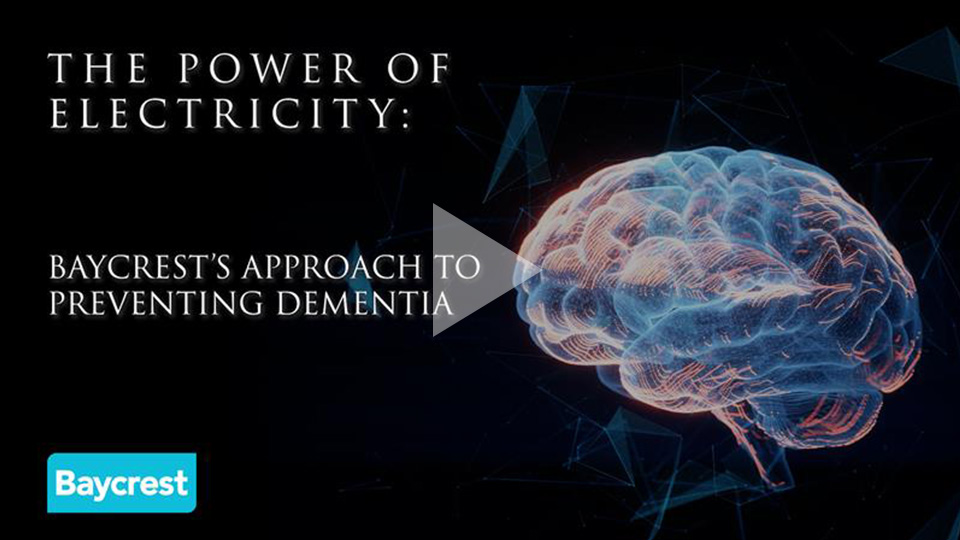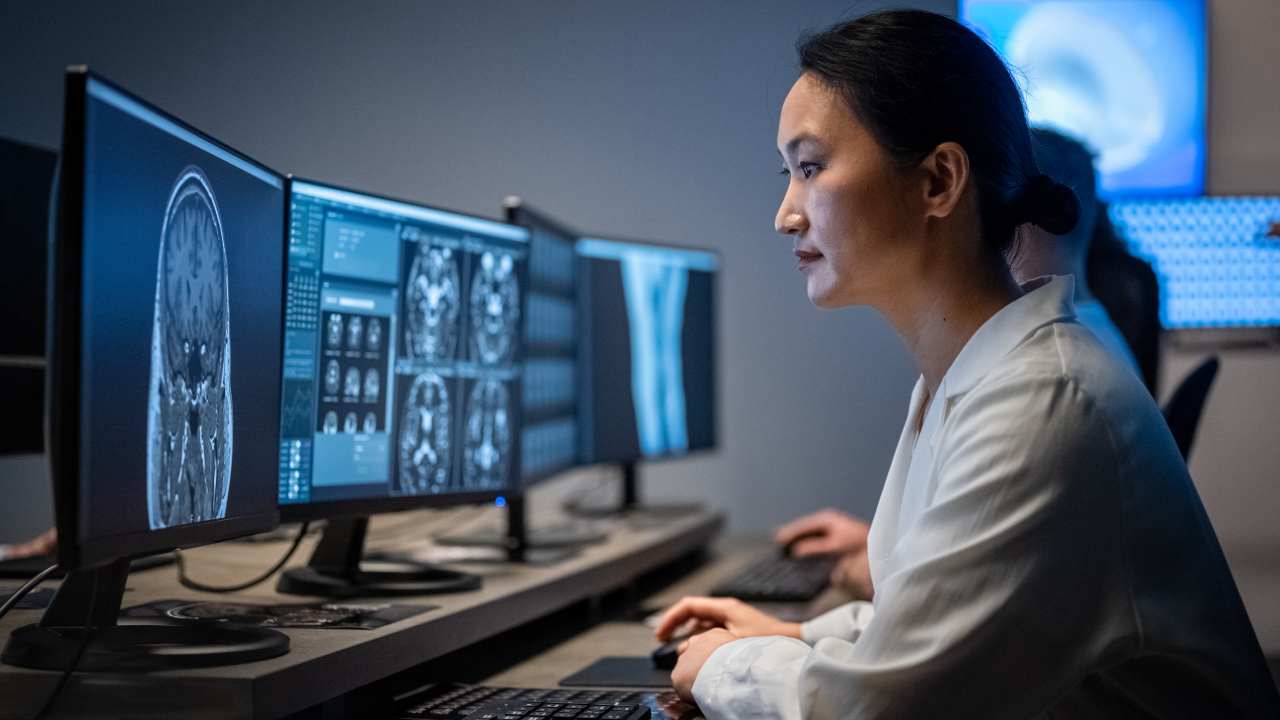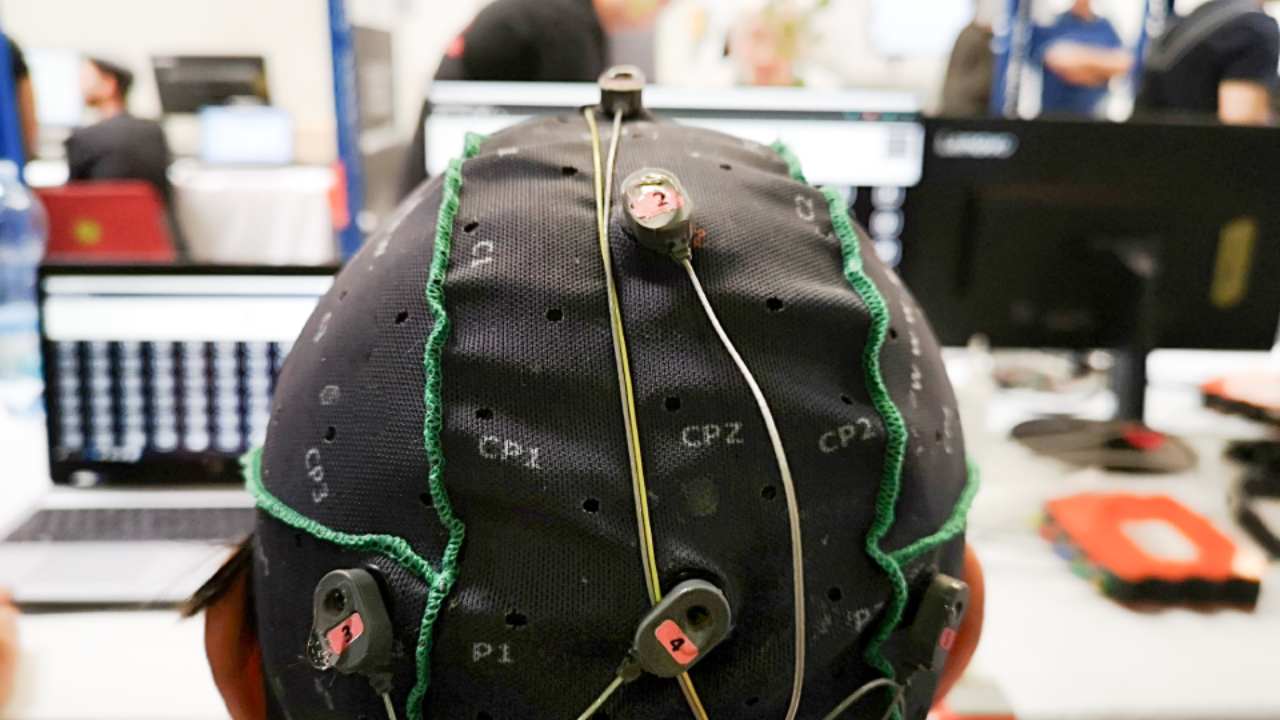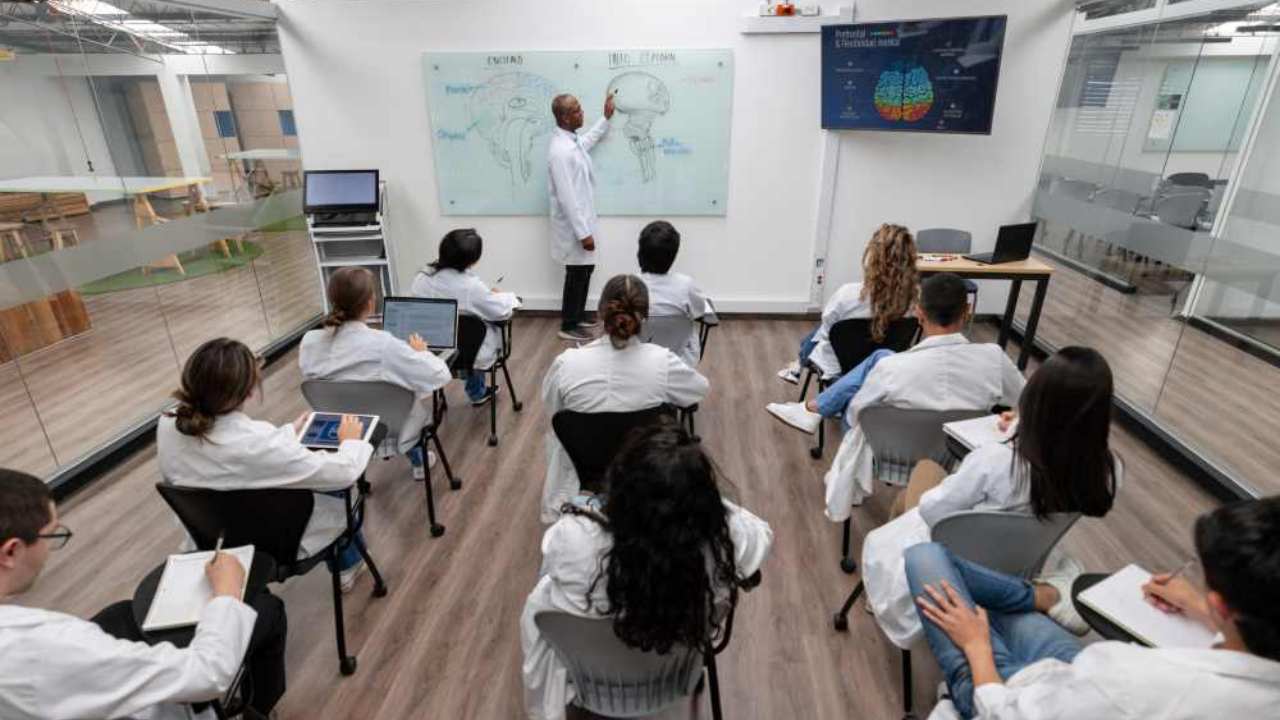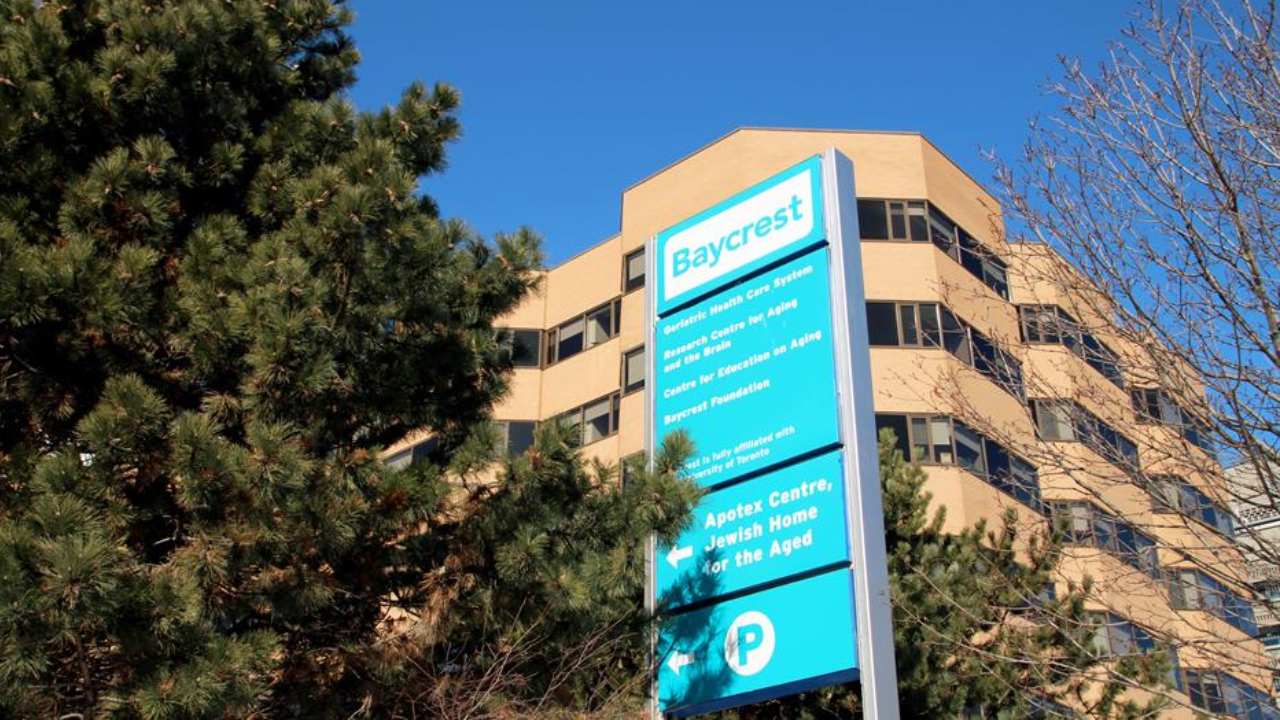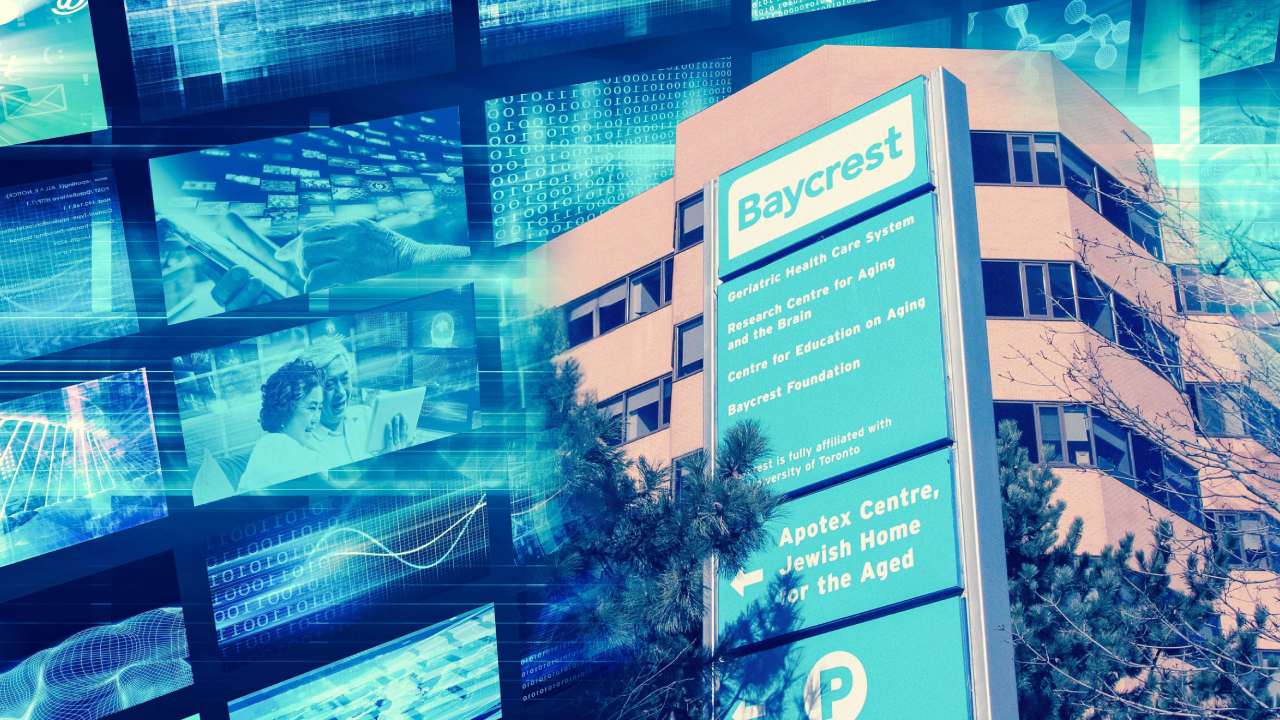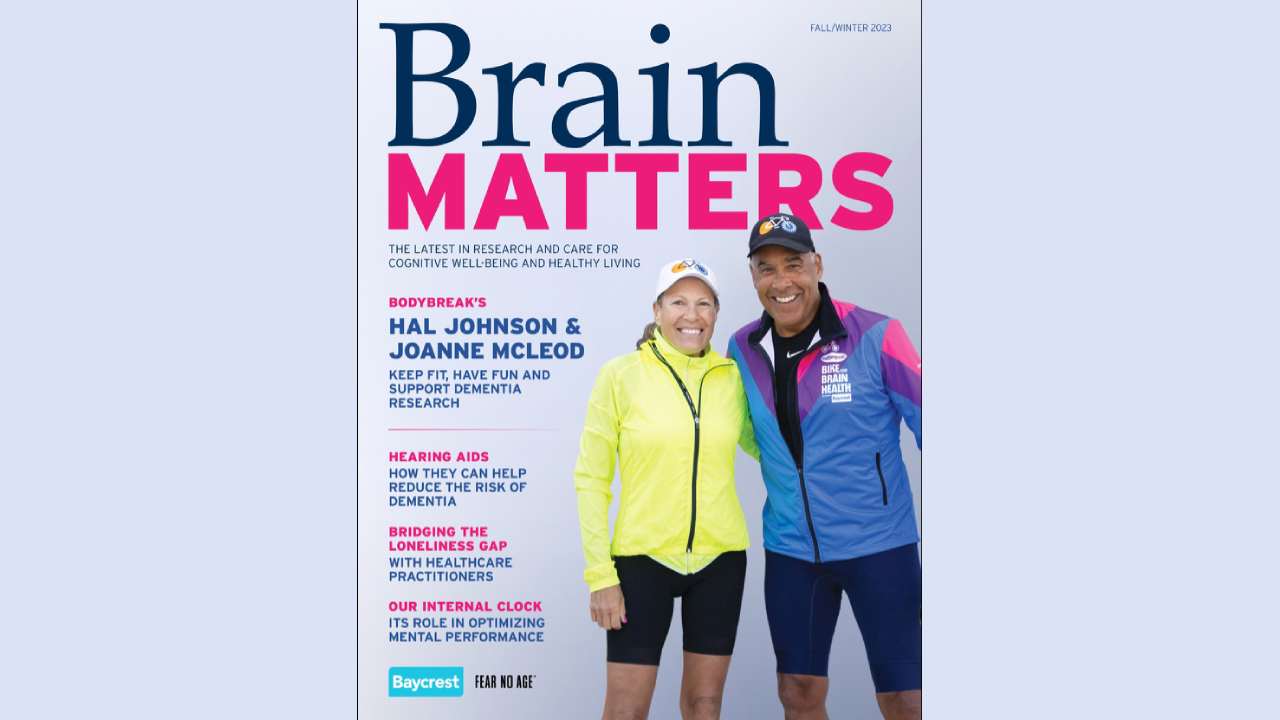The Role of Transcranial Magnetic Stimulation in Cognitive Enhancement
Transcranial Direct Current Stimulation (tDCS) is a non-invasive neuromodulation technique that has been explored in various research settings for its potential to enhance cognitive function.
“Studies of ‘superagers’—older adults who perform as well as younger individuals on cognitive tests—show a larger ACC and stronger neural connections,” explains Dr. Mah. “This suggests the ACC is vital for successful cognitive aging.”
Dr. Meltzer’s research focuses on stimulating the ACC in older adults with depression or subjective cognitive decline and a family history of Alzheimer’s.
“Many older adults with a family history of Alzheimer’s worry about their own risk,” says Dr. Meltzer. “By targeting the ACC with neuromodulation, we aim to increase brain resilience and potentially delay or prevent cognitive decline.”
Advancing Brain Health with Transcranial Direct Current Stimulation
Neurologists Dr. Howard Chertkow and Dr. Tyler Roncero are leading studies on transcranial direct current stimulation (tDCS), which delivers a low-intensity current through the skull. Their research has gained support from the U.S. National Institute of Health.
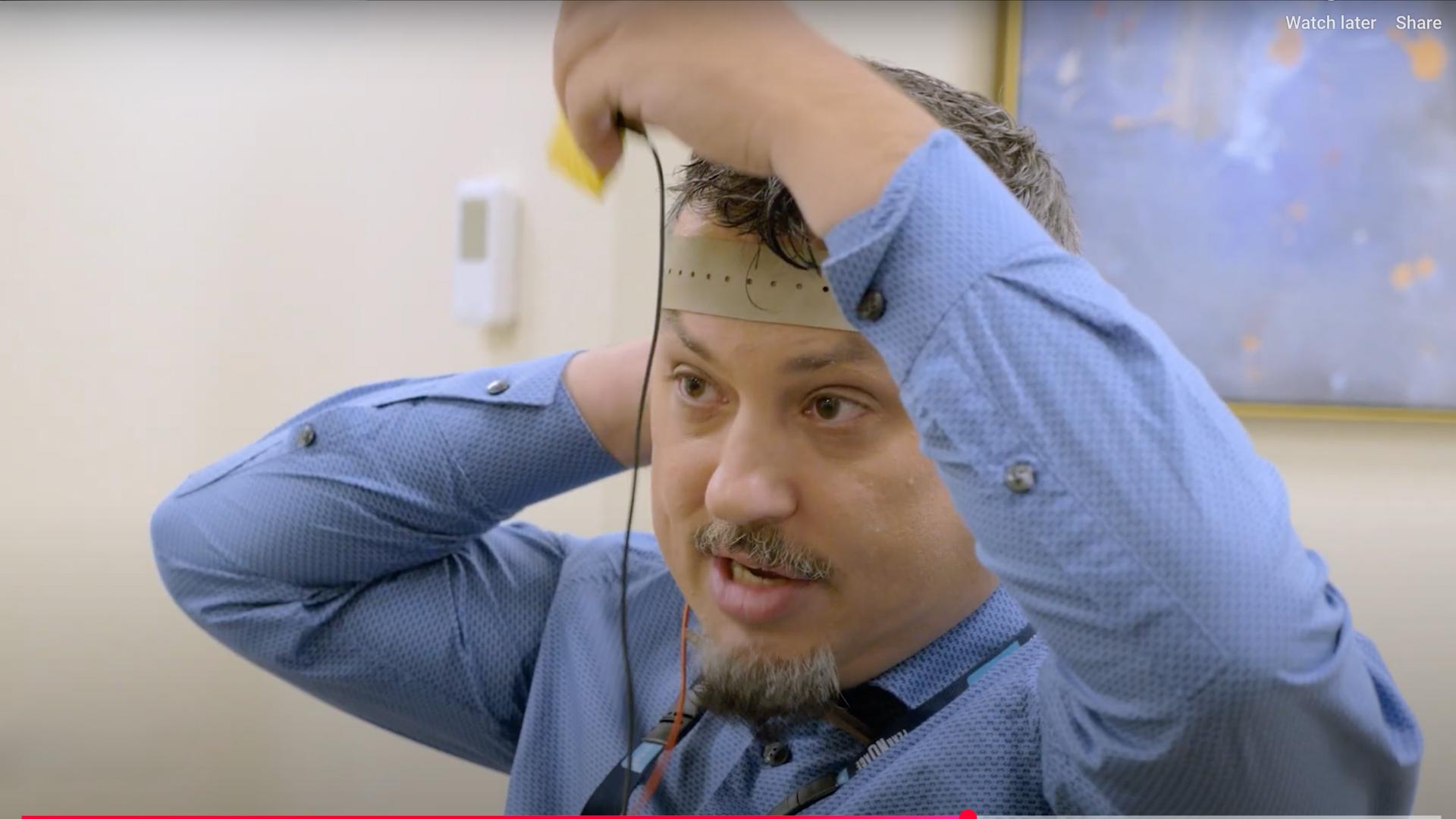
Dr. Roncero demonstrates tCDS Head Set
“tDCS is already approved for conditions like depression and stroke,” mentions Dr. Roncero. “If proven effective for dementia, patients could purchase their own device for at-home therapy.”
A Collaborative Approach to Breakthroughs in Brain Health
The Bresver Neuromodulation & Therapeutics Program, coordinated by Dr. Roncero, unites multiple research labs to share findings and accelerate progress in neuromodulation therapies. With ongoing breakthroughs in brain health, Baycrest is at the forefront of developing new ways to combat dementia and enhance cognitive resilience.
These collective efforts represent significant dementia breakthroughs, offering hope for improved prevention and treatment strategies.

Dr. Linda Mah

Dr. Howard Chertkow

Dr. Tyler Roncero
Related Articles: Brain Matters, Research

